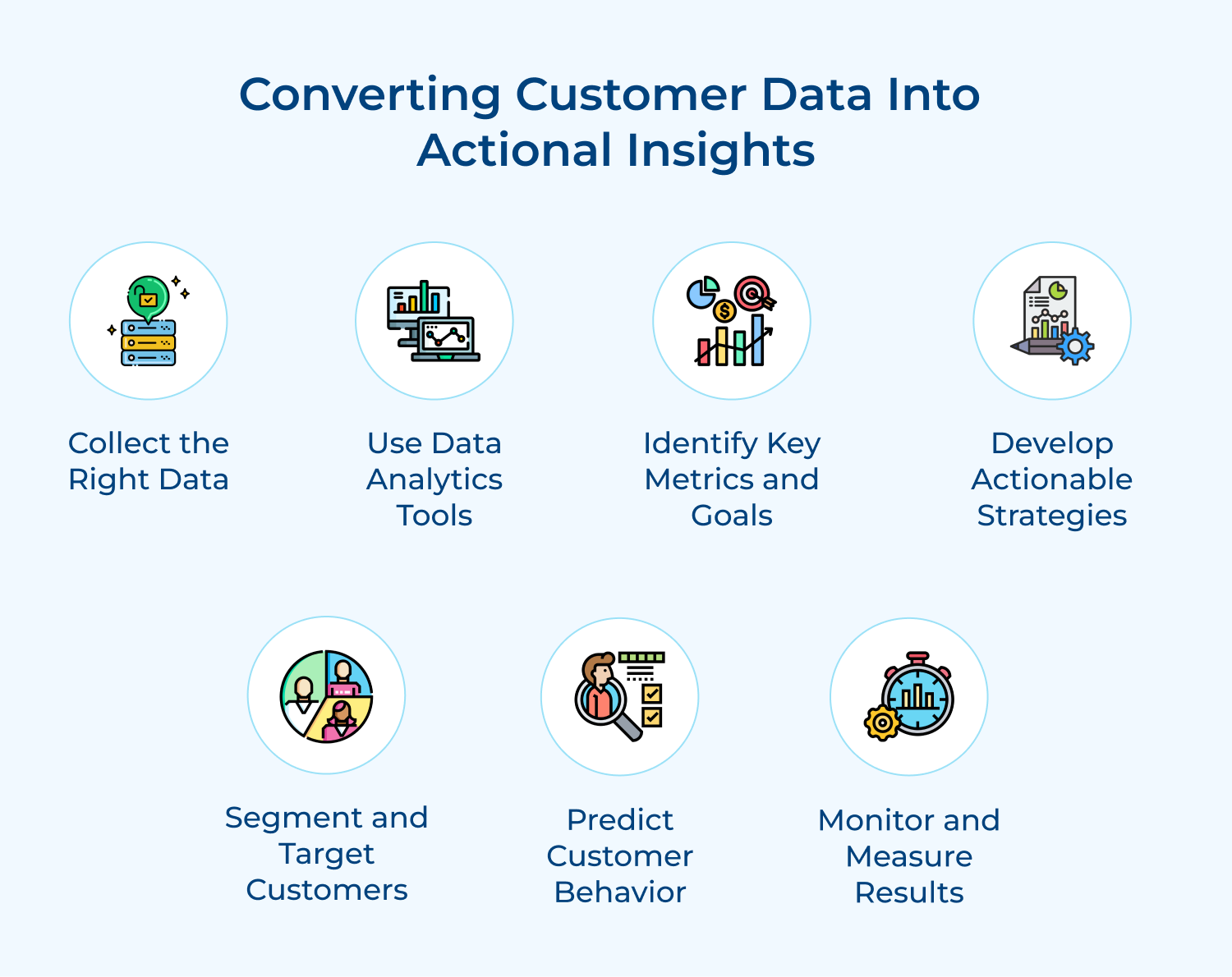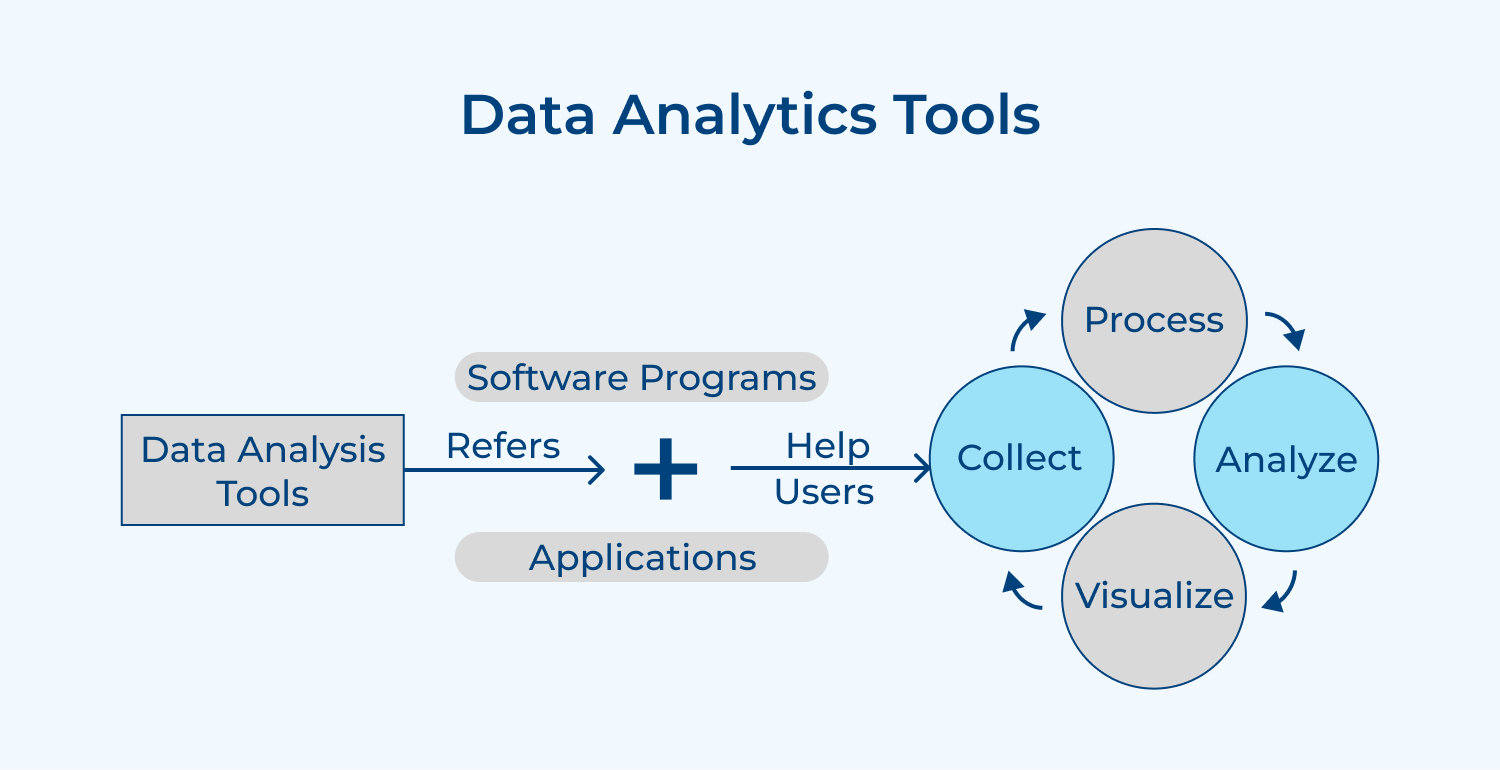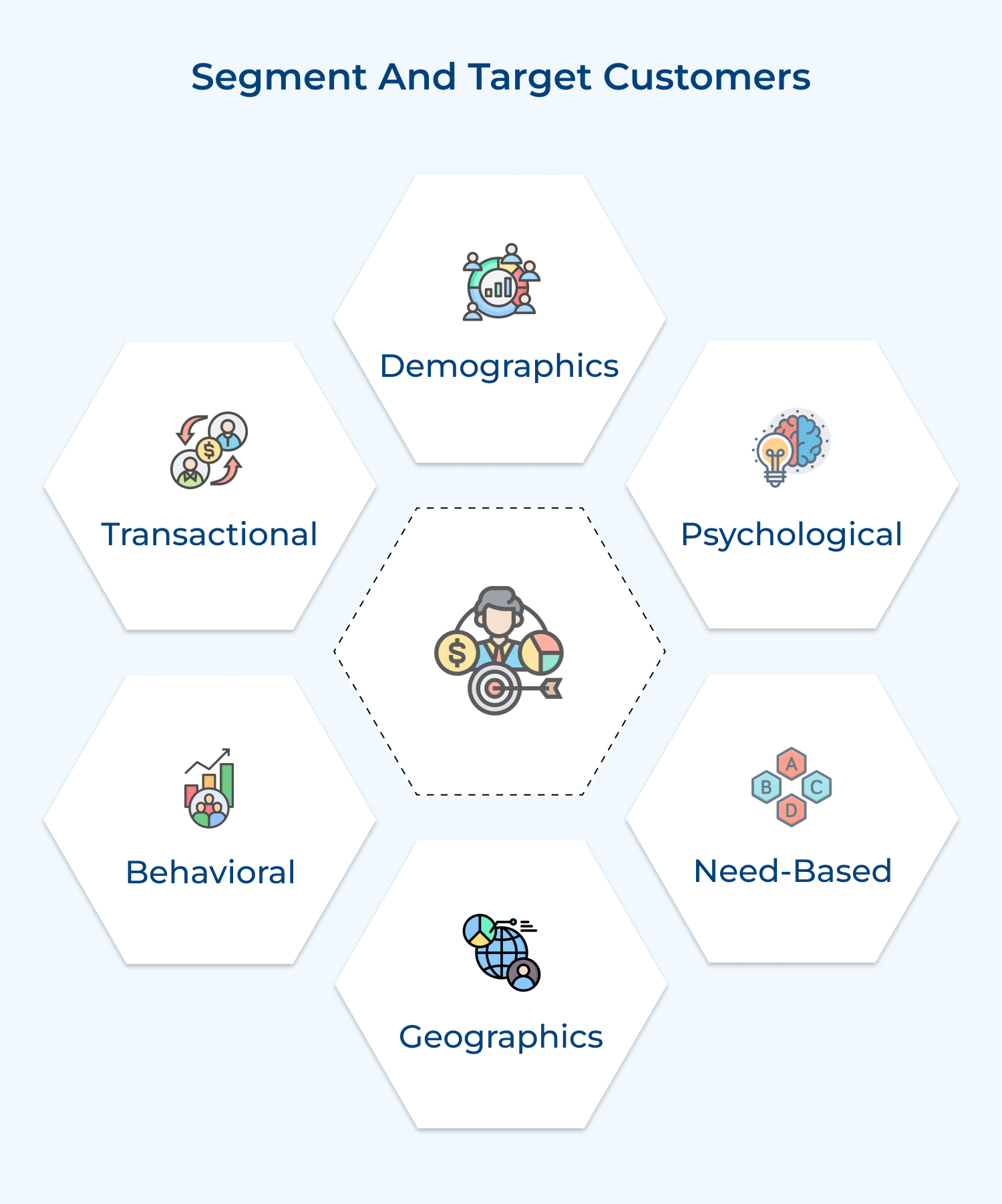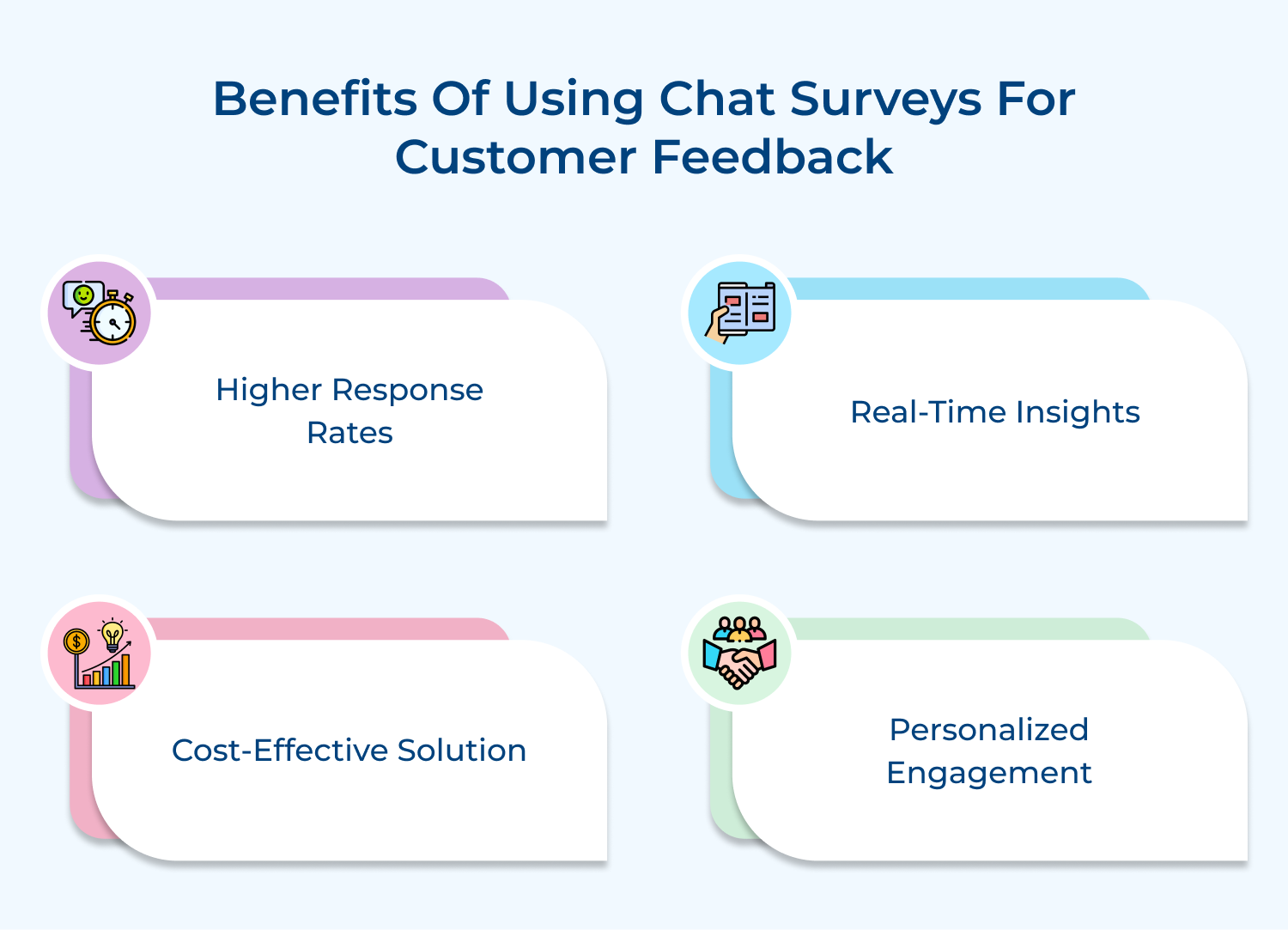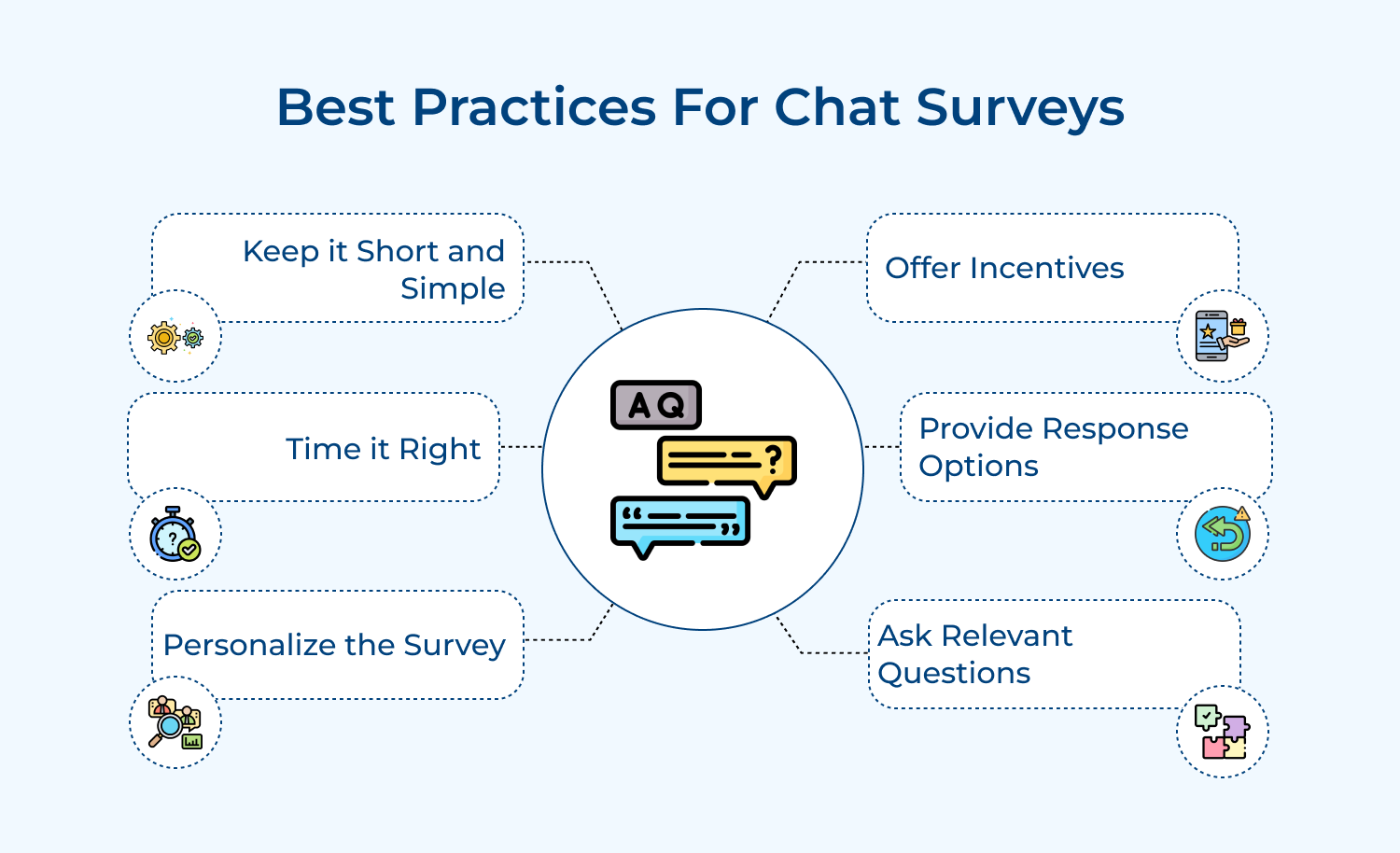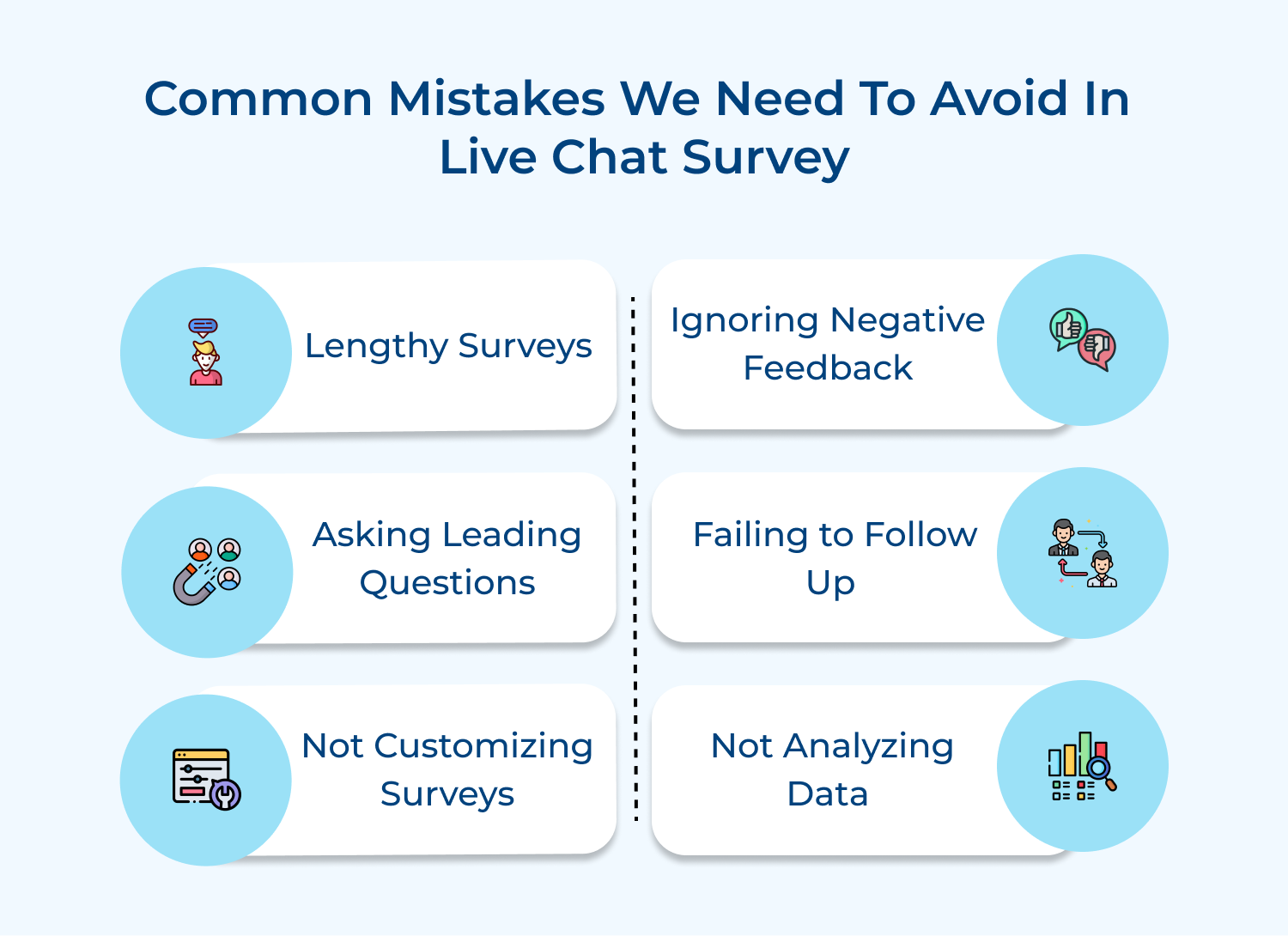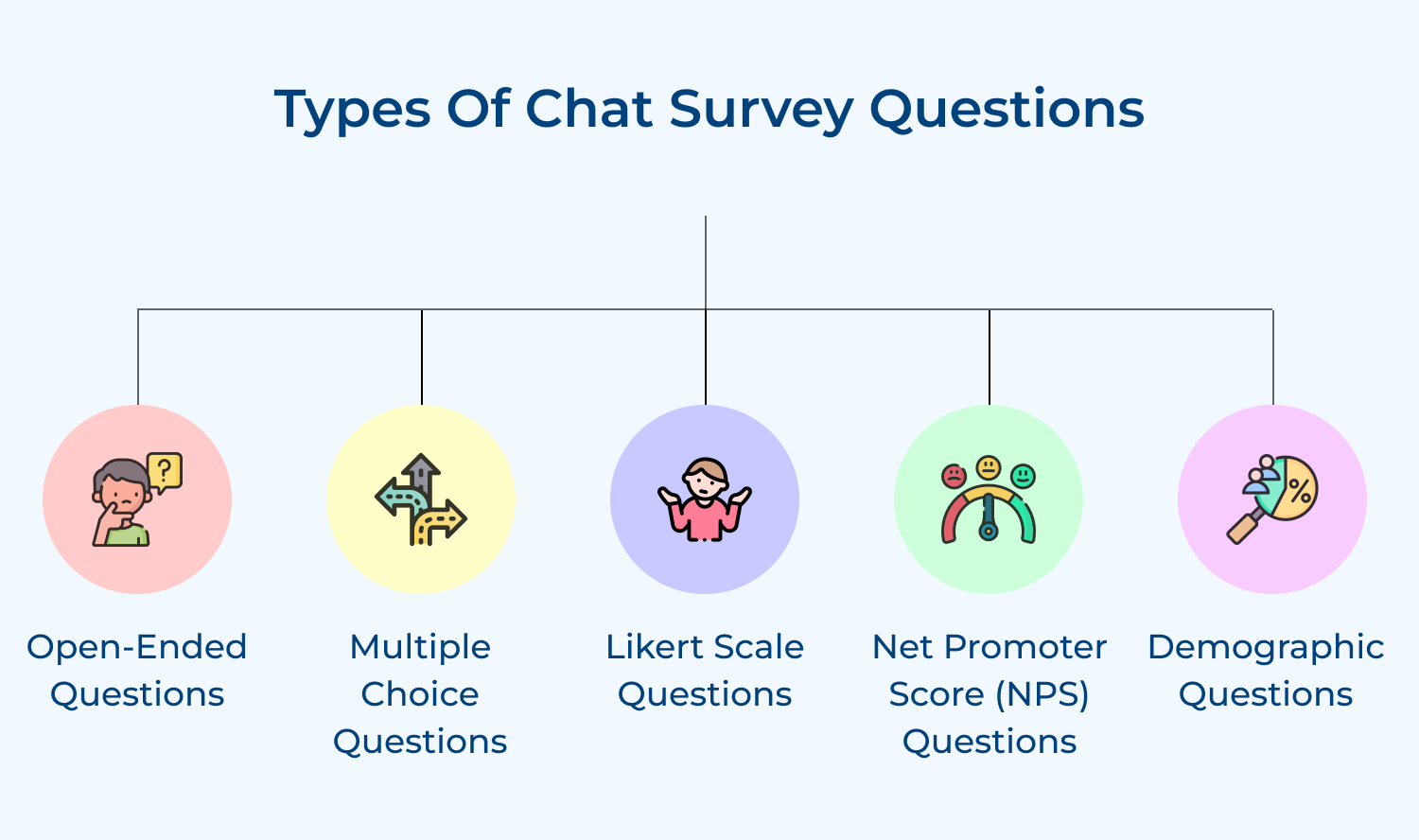1. Open-ended questions: These questions allow customers to provide detailed answers in their own words. Open-ended questions can help gather qualitative data and provide insights into customer experiences.
Example: “Please share any additional feedback or suggestions you have about our product/service.”
2. Multiple choice questions: Multiple choice questions provide customers with a set of predefined options to choose from. These questions are easy to answer and can help gather quantitative data.
Example: “How satisfied are you with our customer service?
a) Very satisfied
b) Satisfied
c) Neutral
d) Dissatisfied
e) Very dissatisfied”
3. Likert scale questions: Likert scale questions ask customers to rate their agreement with a statement on a scale, typically ranging from “strongly disagree” to “strongly agree.” These questions can help measure customer satisfaction and attitudes.
Example: “Please rate your overall satisfaction with our product on a scale of 1 to 5, with 1 being very dissatisfied and 5 being very satisfied.”
4. Net Promoter Score (NPS) questions: NPS questions ask customers how likely they are to recommend a product or service to others. This type of question can help measure customer loyalty.
Example: “On a scale of 0 to 10, how likely are you to recommend our company to a friend or colleague?”
5. Demographic questions: Demographic questions gather information about customers’ characteristics, such as age, gender, location and income. This type of information can help segment customers and tailor marketing strategies accordingly.
Example: “Please select your age group:
a) 18-24
b) 25-34
c) 35-44
d) 45-54
e) 55+”
Why Does a Live Chat Survey Matter to Your Business?
Implementing live chat surveys in your business can have a significant impact on the overall success of your operations. By gathering real-time feedback from your customers, you can gain valuable insights into their preferences, concerns and overall satisfaction with your products or services.
Overall, prioritizing live chat surveys demonstrates that you value your customers’ opinions and are committed to providing them with the best possible experience. By listening to their feedback and taking action based on their suggestions, you can build stronger relationships with your customers as well as position your business for long-term success.
